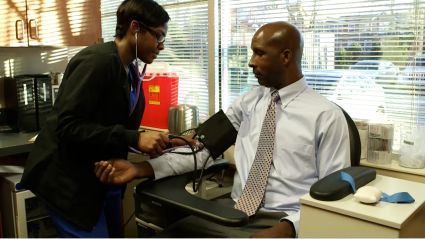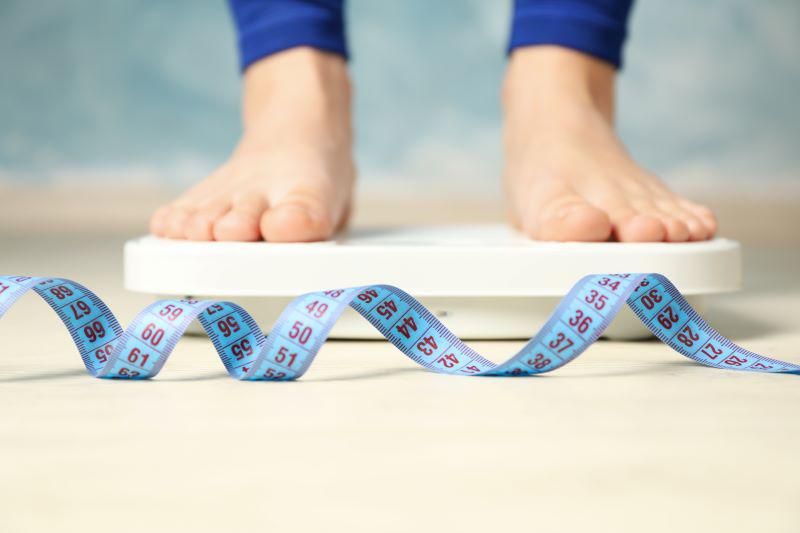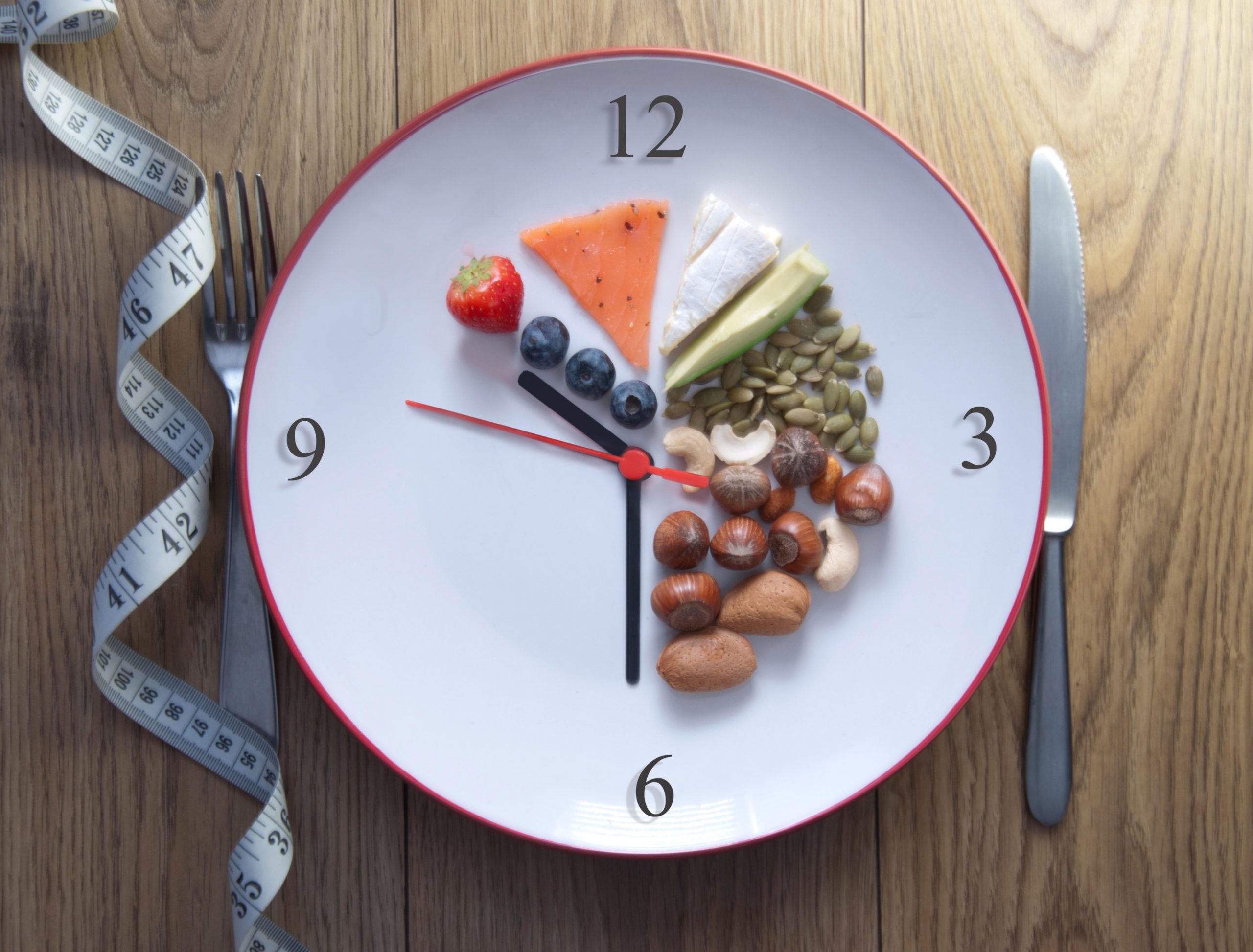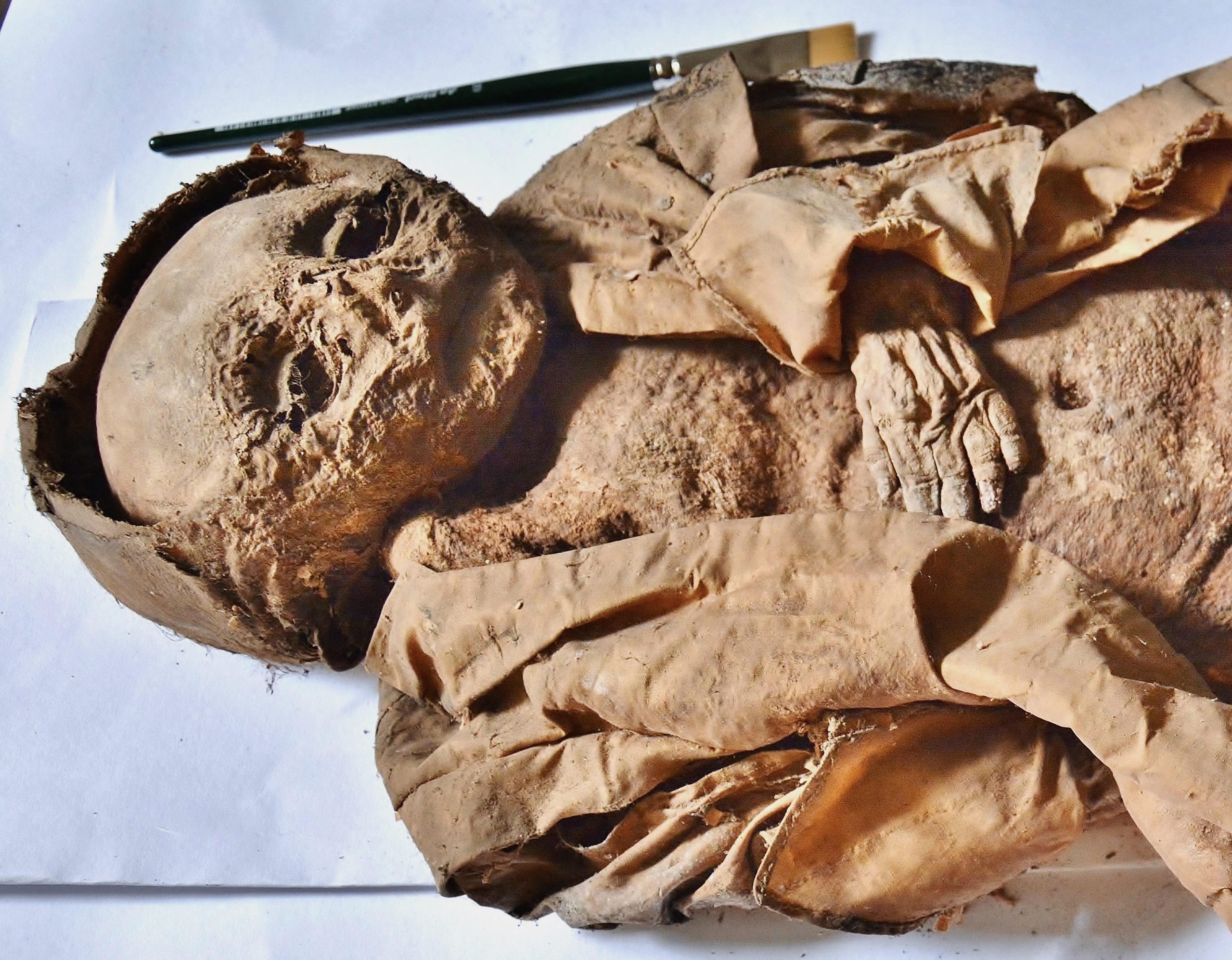
A new study has shown the blood pressure drug telmisartan may offer new hope as an Alzheimer’s treatment in Black patients. It did not show the same benefit in white people. Learning how people from different ethnic groups respond to the same drug could be key in the fight against Alzheimer’s disease, researchers say. Even… read on > read on >






























